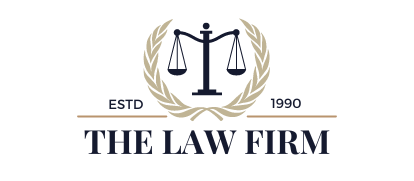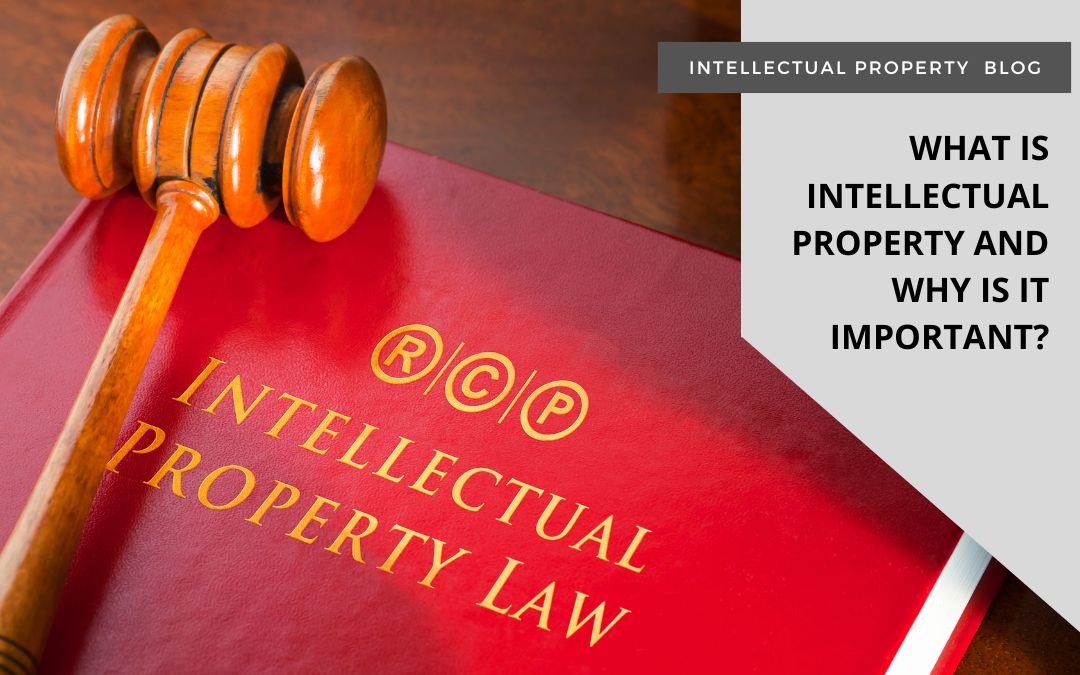The Legal Information Institute at the Cornell Law School defines intellectual property as “any product of the human intellect that the law protects from unauthorized use by others…and is traditionally comprised of four categories: patent, copyright, trademark, and trade secrets.”
In recounting the history of intellectual property rights, the Stanford Encyclopedia of Philosophy shares that one of the earliest references to intellectual property protection originates in the Greek colony of Sybaris in 500 B.C.E., when chefs were granted year-long monopolies for creating specific culinary delights.
Intellectual property law
In today’s world, intellectual property law outline ownership and protection for ideas, inventions, writing, music, designs, symbols, computer programs, movies, and even more obscure things such as plant and seed varieties. Laws around IP provide detailed parameters around what constitutes an original thought/creation and how long that “property” is protected.
FREQUENTLY ASKED QUESTIONS ABOUT INTELLECTUAL PROPERTY LAW:
- What Are The Four Types Of Intellectual Property?
- How Can I Protect My Intellectual Property?
- What Is A Patent And Why Are They Important?
- What Are The Three Types of Patents?
- How Do I Apply For A Patent?
- What Happens If Someone Infringes on My Patented Invention?
- What Is A Copyright And Why Is It Important?
- How Do I Obtain A Copyright?
- What Is Fair Use Of A Copyright?
- Can Copyrights Be Transferred Or Sold?
- What is a Trademark And How Do I Use It?
- Trademark Ownership Vs. A Registered Trademark
- How The Trademark Symbols TM, SM, And ® Protect Your Brand
- How Do I Register My Trademark or Servicemark?


